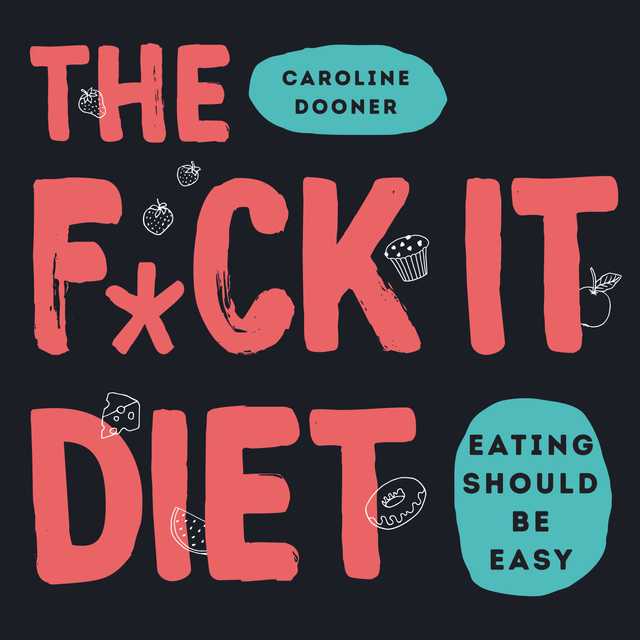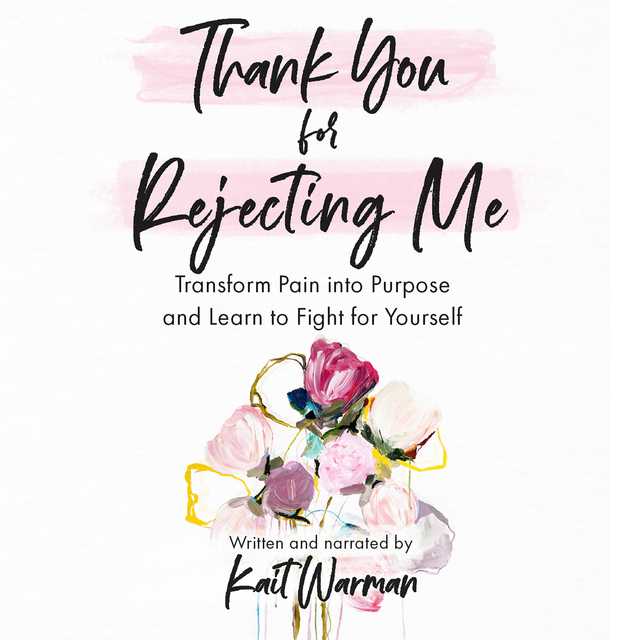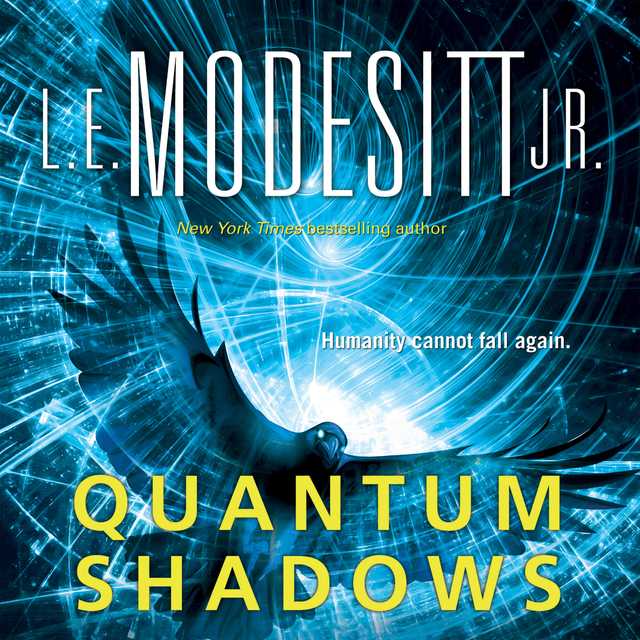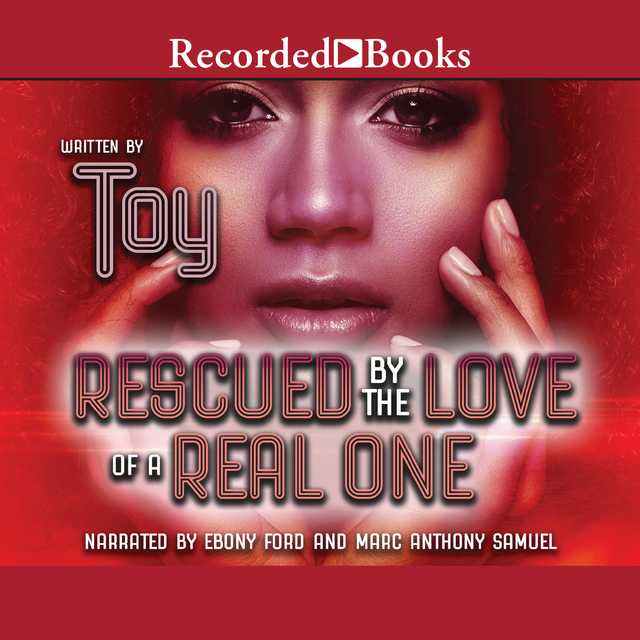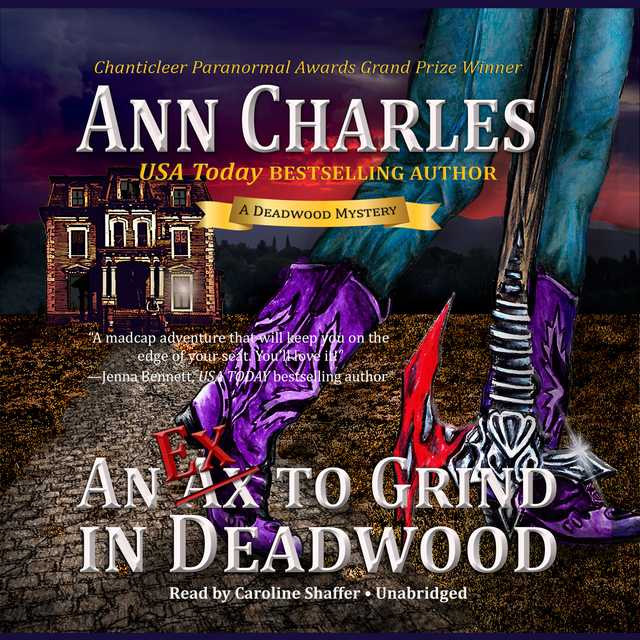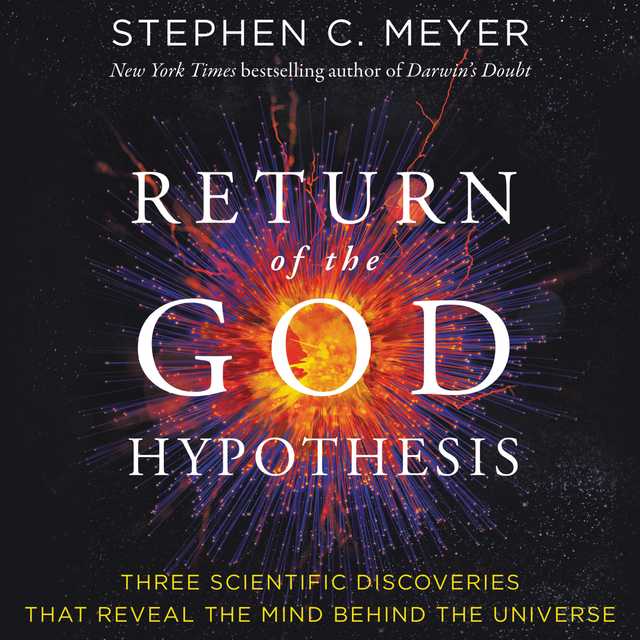The F*ck It Diet Audiobook Summary
“The F*ck It Diet is not only hilarious, it is scientifically and medically sound. A must read for any chronic dieter.” -Christiane Northrup, MD, New York Times bestselling author of Women’s Bodies, Women’s Wisdom
From comedian and ex-diet junkie Caroline Dooner, an inspirational guide that will help you stop dieting, reboot your relationship with food, and regain your personal power
DIETING DOESN’T WORK
Not long term. In fact, our bodies are hardwired against it. But each time our diets fail, instead of considering that maybe our ridiculously low-carb diet is the problem, we wonder what’s wrong with us. Why can’t we stick to our simple plan of grapefruit and tuna fish??? Why are we so hungry? What is wrong with us??? We berate ourselves for being lazy and weak, double down on our belief that losing weight is the key to our everlasting happiness, and resolve to do better tomorrow. But it’s time we called a spade a spade: Constantly trying to eat the smallest amount possible is a miserable way to live, and it isn’t even working. So fuck eating like that.
In The F*ck It Diet, Caroline Dooner tackles the inherent flaws of dieting and diet culture, and offers readers a counterintuitively simple path to healing their physical, emotional, and mental relationship with food. What’s the secret anti-diet? Eat. Whatever you want. Honor your appetite and listen to your hunger. Trust that your body knows what it is doing. Oh, and don’t forget to rest, breathe, and be kind to yourself while you’re at it. Once you get yourself out of survival mode, it will become easier and easier to eat what your body really needs–a healthier relationship with food ultimately leads to a healthier you.
An ex-yo-yo dieter herself, Dooner knows how terrifying it can be to break free of the vicious cycle, but with her signature sharp humor and compassion, she shows readers that a sustainable, easy relationship with food is possible.
Irreverent and empowering, The F*ck It Diet is call to arms for anyone who feels guilt or pain over food, weight, or their body. It’s time to give up the shame and start thriving. Welcome to the F*ck It Diet. Let’s Eat.
Other Top Audiobooks
The F*ck It Diet Audiobook Narrator
Caroline Dooner is the narrator of The F*ck It Diet audiobook that was written by Caroline Dooner
Caroline Dooner is a humorist and storyteller. She spent years as a performer and dieting like it was her job (because it kind of was). After healing her relationship to food, she’s been sharing what she learned ever since. She lives with her anxious bernedoodle in Pennsylvania, and they’re just trying to live the simple life. She believes wholeheartedly in the healing powers of food and rest.
About the Author(s) of The F*ck It Diet
Caroline Dooner is the author of The F*ck It Diet
More From the Same
- Author : Caroline Dooner
- Tired as F*ck
- Publisher : HarperAudio
- Abraham
- American Gods [TV Tie-In]
- Dead Ringer
- House of Sand and Fog
- Prey
The F*ck It Diet Full Details
| Narrator | Caroline Dooner |
| Length | 7 hours 37 minutes |
| Author | Caroline Dooner |
| Category | |
| Publisher | HarperAudio |
| Release date | March 26, 2019 |
| ISBN | 9780062908711 |
Subjects
The publisher of the The F*ck It Diet is HarperAudio. includes the following subjects: The BISAC Subject Code is Eating Disorders, Self-Help
Additional info
The publisher of the The F*ck It Diet is HarperAudio. The imprint is HarperAudio. It is supplied by HarperAudio. The ISBN-13 is 9780062908711.
Global Availability
This book is only available in the United States.
Goodreads Reviews
Sara
April 30, 2019
This book was phenomenal. I'm honestly going to read it a second time very soon. I also will be buying a physical copy so that I can highlight meaningful quotes. A very helpful read for anyone who has struggled with food and dieting. It's written in a sarcastic yet also scientific way and I cannot recommend it enough!
Whispering
April 25, 2019
Book Reviewed by Stacey on www.whisperingstories.comFrom the title and the synopsis, I was intrigued enough to want to read this book. Over the years my weight has crept up and I’ve gone from being this size 8 young woman in my early 20s to a size 16 in my 40s. In my teens, I had an eating disorder and I lived on one Mars Bar a day. I was exceptionally slim – In fact, I used to be called a ‘stick of licorice’ as I only ever wore black clothes and was super skinny.However, from the opening in which the author talks about this book being for those that have spent years yo-yo dieting I wasn’t sure it was a book for me. You see I don’t diet as such. I have weeks where I might cut out sugar or wheat but my issue is that I have gotten into a cycle of not eating and this isn’t something that will ever be a quick fix. I don’t eat breakfast, rarely eat lunch and my first meal is often my evening meal and lots of people see those that carry extra weight as someone who eats rubbish all day long!This book talks about how damaging yo-yo dieting is. It quotes studies that have been done on what not eating properly does to your body and highlights that being overweight does not mean you are not healthy and the same the other way around, there are some people who are slim and look healthy, yet they are not.After the initial information about what dieting is doing to your body and your mind, the author then talks you through helping yourself to break that cycle and join The F*ck It Diet which comes in four parts – Physical, Emotional, Mental and Thriving parts.I got part way through the Physical Part section when I came across a sentence that sent shivers down my spine. The author explains that to help you break the yo-yo dieting and to become a happier, healthier you, you need to eat and this means that you need to resist putting on weight. At this point, I will admit I kind of said ‘hell no’ and closed the book. I can’t afford to put on weight, truly I can’t afford a new wardrobe of clothes.After a few days, I picked the book back up again and carried on reading. I understand fully where the author is coming from, it’s just scary to think about putting on more weight. This is a lifestyle change, not a diet. It speaks volumes about eating what you want to eat and listening to your body – Eat when you are hungry, don’t starve yourself.Will this work for me, I doubt it as the damage to my body is done. For over 20 years I’ve eaten so little that I don’t know when I’m hungry. What I have done is to try to eat more. Sounds daft but it is hard work trying to force yourself to eat when you don’t want to but if I am to get my body out of the starvation mode that it has been in for many, many years then this is what I need to do.It is a great book that is easy to read and simple to understand. It is broken down in small steps and you are made to feel at ease whilst reading it. I truly believe that those that do yo-yo diet need to read this book, it may just open your eyes and help you live the rest of your life happier with your weight.
Nicole
April 03, 2019
So, I have quite a bit to unpack in this one. I'll start with the good, and then move on to the critique.I liked that this book challenges conventional wisdom. I agree with what Dooner states, because I've experience quite a bit of it myself. I was under an insidious amount of stress from two un-diagnosed mental health conditions. I didn't really eat. This went on for about seven years. I'm 5' tall, and I never weighed 100lbs until I hit the age of 20. According to BMI, I was 'healthy' in terms of weight. But I was suffering from severe anxiety, depression, and I was constantly sick. If anything went around the school, I caught it. Every. Single. Time. Now I'm about 50lbs heavier, and even though I'm 'obese' according to BMI, I've felt better than I have since I was in elementary school. I've gotten help for my conditions, and honestly I get sick maaaybe once a year, if that. But my doctors keep telling me that I'm 'packing on the pounds' and I should lose weight for my health. Dooner also tackled the fact that the diet industry is sort of shaping up like the cigarette industry in years prior. Cigarettes were considered good for your health, and the companies hid any evidence to the contrary, despite what it did to people, for the sake of profit. I feel like that's the diet industry today. Why are the BMI cut offs where they're at? Why 2000 calories in a day? Where did 10000 steps come from? Most of the are arbitrary numbers. I loved that Dooner cited her sources and I plan to follow up on those myself. I personally like to check an author's sources to see if I agree with their perspective on the article/information.Now the critiques. These are 'bad things' so much as 'it could have been more'. I would have loved to see more citations from legit medical institutions. I mean, they are there, but there's some more 'pop sci' stuff too, like articles published in mainstream newspapers. This isn't necessarily a bad thing, but news is about sensationalisation, not necessarily the most accurate, consensus driven and supported information. What grabs headlines more? 'Sugar has no noticeable effect on the human metabolism', or 'Sugar is more addicting than cocaine'? But again, Dooner was doing this research on her own and to be fair, most of the relevant information from institutions is stuck behind pay walls. I loved that Dooner mentioned the Minnesota starvation experiment, which shows that people who are 'over weight' and reach a 'normal weight' are actual in a mental and physical state of starvation. And we all know starvation isn't healthy. But I wish she would have also mentioned the Vermont prison weight experiment by Ethan Sims. We all assume that you gain weight because you eat too much and don't exercise enough, therefore diets and exercise fix it. We all know the latter doesn't help in the long run, but what if our whole premise is wrong? Sims ran this experiment with volunteer prisoners in a Vermont prison, where they were over-fed and kept sedentary in order to test the hypothesis. To sum up what he found, inmates had to eat between 6000-10000 calories a day to gain weight. Between twice and three times what we should eat. And even then, they could only gain 20% or so of their weight. It stopped after that, no matter how much they ate. And then when the experiment was over, the inmates didn't diet, they just went back to their normal meals, and they all returned to normal weight. Which goes to show those extra 500 calories ain't gonna do shit either way.I'm hoping we see more books like this, with more recent science that is showing that weight is very much like hair color. We can try as much as we want to change it, but eventually it'll come back to what it originally was. Except in this case, too much famine can lead your body to becoming a great depression survivor who saves every single thing in case they need it later.
Katharine
April 22, 2019
As a registered dietitian, I read pretty much any book about healing one's relationship with food that I can get my hands on, and this is a must-read! It's well-researched, well-written, covers the physical effects of restriction *really* well, and digs into the all-important limiting beliefs we have about weight and our worth. I'm a huge fan of Caroline Dooner's writing and podcast, and this book is yet another one of her fabulous works. I'd recommend it to fellow professionals (even those critical of the non-diet approach- this offers great perspective), as well as ANYONE struggling with the diet culture norms that dictate our relationship to food and weight.
Heather~ Nature.books.and.coffee
July 27, 2019
This self help book is loaded with evidence based information on the effects dieting has on your body. I have spent so much of my life dieting. I always lose and gain and I get sick of thinking about it all the time. That's why I found this book so amazing. Eating SHOULD BE EASY!! Wow, this book is backed up with so much science, and it all makes sense. I HIGHLY recommend this book for all of you out there who are sick of the diet culture and industry and just want to know more reasons why you should STOP dieting and learn to love yourself as you are. Let your body do what it's going to do!
Missy
May 04, 2019
Once upon a time, I was a Beachbody coach. And throughout that process, I loved getting healthy and helping others do the same - until I realized the pressure to be perfect and healthy was making me unhealthy. So I stepped back and said F*ck It - I did that for a full year. I didn't weigh myself. I worked out, but didn't stress if I missed a day or two or even a week... it was all part of me letting the perfectionist side of my health take a break. Today I can say I'm still healthy, and I'm a WHOLE LOT HAPPIER. Reading The F*ck It Diet was just what I needed to hear right now. A great reminder that I'm making the right choice for myself and my mental AND physical health. Thank you, Caroline Dooner, for writing this book. It was funny and eye-opening and inspiring. If you're struggling with feeling like you are either 100% perfect with eating and working out or you're crap - read this book.
Kellie
July 08, 2019
I probably could’ve written this book myself. I wish I had. I’ve been living The Fuck It Diet for almost a year now. I had to give up my dieting addiction. It was killing my soul and stunting my life. Amazing now I can call it what it was. A diet addiction. I’ve lived for the last 20 years of my life believing it was a food addiction. Nah, I was just starving. I did them all. I’m not kidding. Starvation, cabbage soup, Atkins’, South Beach, Weight Watchers x4 (because each time I was sure that this time I’ll be able to keep within my points and not starve and agonize over how I’d eaten all my points and would be having water popsicles for dinner) Nutrisystem x3 (because each time I was sure the food was better), LA Weightloss, 21-Day Fix, several rounds of the hcg diet (the worst thing I ever did to my body but 50 lbs lost in two months was worth it then), Ideal Protein, countless diet pills, and finally, keto. And these are the more mainstream diets. Add to this two biblical-based weight loss programs, one of which I lost a lot of weight because I was waiting for hunger and eating only until satisfied, and never eating if my stomach didn’t growl. If I ever wanted food outside of physiological hunger, I was to pray to God to fill the void I was looking to food for. It worked for a while until I would want to eat birthday cake at a party but I wasn’t truly hungry. When I didn’t want to be rude, I’d eat it and then feel tremendous guilt and shame. I’d disclose it to people in my group and be further shamed for still living in “my sin.” If I had truly laid my sin down, I wouldn’t have eaten that cake. Another biblical group has more grace but also rules. No more than a fist-sized portion of food as that’s how big your stomach is after all. Great. What happens though when you eat one bite past the portion? Immense guilt. Guilt which leads to bingeing. My last foray into the biblical approach is what eventually morphed into my own version of the Fuckit Diet. I just decided to live and eat regular foods and just let go. My dieting has been a placeholder, a distraction, from the things I truly want to do. Oh, you’d like to write a book? Ha! You’ve gotta study up on recipes and go shopping for your meal prep. And then you’ve gotta spend your whole weekend prepping meals that are gonna taste like shit by Tuesday. No wonder I always felt so depressed. I always wondered why I had such dark and dismal feelings simply over food. Probably because my body knew it was about to starve - again - and was gearing up. I was tired of scouring a menu for one thing I could eat. And when I found it, it didn’t even sound food. Why even go out to eat? I can cook myself shitty food. I’ve had body image issues my whole life for reasons I won’t go into here. But I’m taking control now. I still want to be thin because that’s how I like to see myself, but not because that’s what others want or expect of me. And I’m willing now to trust my body and give it what it wants and let it do its thing. I ride my Peloton bike because I feel stronger each time. Not because I must to lose weight. This book gives me hope. I hope everyone reads it.
Susan
May 11, 2019
I am not really convinced that this book alone (without therapy from someone who treats eating disorders) would help a chronic dieter recover. However, the book has a great message, and perhaps for someone who's never had an eating disorder, it would help. I'd venture to say that most of the restrained eaters and chronic dieters I know would not be ready to hear a message telling them they might gain weight.Books like this one are very important, and I wish more people understood that weight isn't something you can change all that much, without engaging in disordered behavior. My mom was a fat baby, a fat child, and a fat adult. There was no diet that was going to make her "normal" weight. All of her life she dieted, biked, swam, played tennis -- still fat. The only time she lost a significant amount of weight without regaining it was when she took Phen/Fen. She was never hungry and ate 1000 calories or less a day. Even then, she was still in a large body. The drug probably ended up killing her because she died of heart failure (Phen/Fen was taken off the market because it caused heart issues). Imagine if my mother had been told from day one that her body was just fine. She wouldn't have spent her entire life trying in vain to please society's idea of what her body should look like, and she might still be alive to enjoy her grandchildren.
Aly
February 17, 2020
I don't feel like telling my story. Nor will I tell who should read this book or if you should try this or that. I'll just say that this book helped me. That I discovered it at the good time in my life because I don't think I would have been ready to hear the message before.
Bethany (Beautifully Bookish Bethany)
February 19, 2021
Actual Rating: 3.5 stars rounded upThis may not be a perfect book, but if you are looking for something body positive from a Health at Every Size (HAES) perspective, I do thing this is worth a read. It's basically arguing for intuitive eating, but also offers practical advice on overcoming things like fearing certain kinds of food and other restrictive practices, as well as working through your emotions rather than bottling them up, taking time for self care, and getting the rest you need. I definitely got some useful things out of it and I think this is a great book if you're ready to hear what she's saying. Fatphobia is a real thing and I think some of the reviews clearly reflect the very fear of fatness she talks about. For me, it was helpful and a good starting point for further reading.
Alicia
March 31, 2019
Thank you to the author for writing this! Much needed in our society today. What a wonderful book
Margo
January 09, 2021
I initially heard about the F*ck-It diet from recommendations from various sources - Audible recommended it based on my current library, and an Anti-Diet Facebook group I’m in speaks strongly about it. However - honestly I avoided the book for longer than I would have otherwise, because of the “diet” in the title. By this time I’d already broken up with diets, and this sounded like one of those “not a diet” diet books. “Eat all you want, never feel hungry, and still lose weight!” This is not that book. Instead, this book is all about the harm that diets do and looks at healing from that harm from a holistic perspective, including physical, emotional, and mental. The F*ck-It Diet book provides scientific evidence behind the claims that diets don’t work, a breakdown of how long we know this, and why diet culture is still SO pervasive. (Hint: follow the money.) Much of the information included in the F*ck-It Diet, I already knew… as I said, this wasn’t my first foray into anti-diet culture. However, there was still some that was new to me, and so I’m appreciative of that. What I hadn’t expected was the inclusion of tools under each section, to help you work through your food issues, the ‘tapes’ in your head (that are really hard to break!) and some of the psychology around binging (spoiler: it comes from restriction). Again, I found some of these tools I was already using along my own journey (such as writing / “brain dumps”, and in which I’ve already started investigating my own associations and history and feelings around diet culture, fat-shaming, and the like). Honestly, I think every woman needs this book. There are very, very few women that diet culture hasn’t touched, and I think to some extent we all feel the struggle. Dooner isn’t a fat woman herself but does cover that - her inherent thin privilege, as well as the importance of recognising your own privilege and the effects that has on you - as well as the importance of breaking down some of our deep-set biases by actively changing our exposure. She also mentions the “hijacking” of the “body positivity” term, as there are some groups/companies out there trying to use that for their own diet culture. Overall I probably haven’t learned as much as someone completely new to the topic… but it was still well worth the read (or listen, as mine was an audiobook). I’ve already ordered a hard-copy so I can more easily refer to the tools, and have them in front of me to help me work through them. I still have a lot of work to do within myself… but as Dooner points out, this isn’t a quick fix, nor is it a secret recipe to “not feeling hungry”. There is no such thing. We are human, and we need to eat to survive. *That* is the purpose of hunger - it’s not the nasty temptress devised only to sabotage us, as diet culture would have us believe.
Cari
November 12, 2018
Thanks to Edelweiss, the author, and the publisher for an early review copy. This book will and should be required reading for people who want to change the way they interact with food on a daily basis. The science part of it may be controversial for some, but I felt the research was solid and matched up with what I generally believe to be true. (Dooner is not a nutritionist or doctor, but she cites studies to back up her points... which is what I tell all my students to do, haha). The main argument is that any sort of food restriction, unless you have diabetes or other problems that require a special diet, will lead to yo-yo dieting. We need to be able to listen to our bodies, rest, and heal from all the constant famine and starvation. I am on the diabetes spectrum, so I tend toward low-carb, but the idea of not overthinking everything I eat is so freeing. There's a lot to unpack here, and there are no simple answers, but this book will get you thinking for sure.
kate
September 22, 2021
funny, honest, empowering and filled with enlightening science, this was absolutely fantastic.
booksofallkinds
April 16, 2019
*I voluntarily reviewed a copy of this book from the PublisherTHE F*CK IT DIET by Caroline Dooner is for everyone who has ever yo-yo dieted or thinks about food a lot, and is honestly a book that could change your life. Now when this book came in the post I was very excited because I have always been a yo-yo dieter since I was a teenager right up to last month where I jumped on the bandwagon of yet another diet in the hopes that this would be the one that would see me return to my pre-kids shape (which is ironic because I thought I was fat then too!). Like so many people, women especially, I have always had a tortured relationship with food, labelling it good and bad, feeling guilty when I inevitably fell off the plan and stuffed my face, gaining back all of the weight that I had lost and then some. So when THE F*CK IT DIET arrived I really hoped that it would help but secretly doubted that it could, after all, I'm just a failure at dieting. But I was wrong.This book will open your eyes to the damage that you are doing to your body by constantly dieting and is laid out through different stages that are easy to read. It will open your eyes to the science behind how your body works without being too technical and you will realise why your body reacts the way it does to diets and their inevitable failure. Because they will fail. We all know that if we are honest. There were so many parts of this book where I felt like I could have written it myself and the author is superb at taking your fears and blowing them wide open and making you feel so much better at the end of it because she has been through it too.THE F*CK IT DIET by Caroline Dooner opened my eyes to the billion-dollar diet industry that could not care less about you, to the truth about BMI and words like obesity which blew my mind. Food should just be food with no other words attached and eating should not be some tortuous planning project that makes you anxious. I'm a short, Irish girl who will find my own perfect weight and whatever that may be that is fine because weight does not mean the same as health, and I'm healthy (as far as I know 😉). I no longer have to worry if I should have that bread roll or eat that ice-cream while I'm out with the kids. If I'm hungry for something I'll eat it and when I'm full that's fine too. THE F*CK IT DIET by Caroline Dooner isn't a quick fix book but an eye-opener and helpful companion as you try to start a new relationship with food and your body and I know it is a book that has changed my mindset for the better but also one that I will have to dip into for however long I need it.
Most Popular Audiobooks
Frequently asked questions
Listening to audiobooks not only easy, it is also very convenient. You can listen to audiobooks on almost every device. From your laptop to your smart phone or even a smart speaker like Apple HomePod or even Alexa. Here’s how you can get started listening to audiobooks.
- 1. Download your favorite audiobook app such as Speechify.
- 2. Sign up for an account.
- 3. Browse the library for the best audiobooks and select the first one for free
- 4. Download the audiobook file to your device
- 5. Open the Speechify audiobook app and select the audiobook you want to listen to.
- 6. Adjust the playback speed and other settings to your preference.
- 7. Press play and enjoy!
While you can listen to the bestsellers on almost any device, and preferences may vary, generally smart phones are offer the most convenience factor. You could be working out, grocery shopping, or even watching your dog in the dog park on a Saturday morning.
However, most audiobook apps work across multiple devices so you can pick up that riveting new Stephen King book you started at the dog park, back on your laptop when you get back home.
Speechify is one of the best apps for audiobooks. The pricing structure is the most competitive in the market and the app is easy to use. It features the best sellers and award winning authors. Listen to your favorite books or discover new ones and listen to real voice actors read to you. Getting started is easy, the first book is free.
Research showcasing the brain health benefits of reading on a regular basis is wide-ranging and undeniable. However, research comparing the benefits of reading vs listening is much more sparse. According to professor of psychology and author Dr. Kristen Willeumier, though, there is good reason to believe that the reading experience provided by audiobooks offers many of the same brain benefits as reading a physical book.
Audiobooks are recordings of books that are read aloud by a professional voice actor. The recordings are typically available for purchase and download in digital formats such as MP3, WMA, or AAC. They can also be streamed from online services like Speechify, Audible, AppleBooks, or Spotify.
You simply download the app onto your smart phone, create your account, and in Speechify, you can choose your first book, from our vast library of best-sellers and classics, to read for free.
Audiobooks, like real books can add up over time. Here’s where you can listen to audiobooks for free. Speechify let’s you read your first best seller for free. Apart from that, we have a vast selection of free audiobooks that you can enjoy. Get the same rich experience no matter if the book was free or not.
It depends. Yes, there are free audiobooks and paid audiobooks. Speechify offers a blend of both!
It varies. The easiest way depends on a few things. The app and service you use, which device, and platform. Speechify is the easiest way to listen to audiobooks. Downloading the app is quick. It is not a large app and does not eat up space on your iPhone or Android device.
Listening to audiobooks on your smart phone, with Speechify, is the easiest way to listen to audiobooks.

